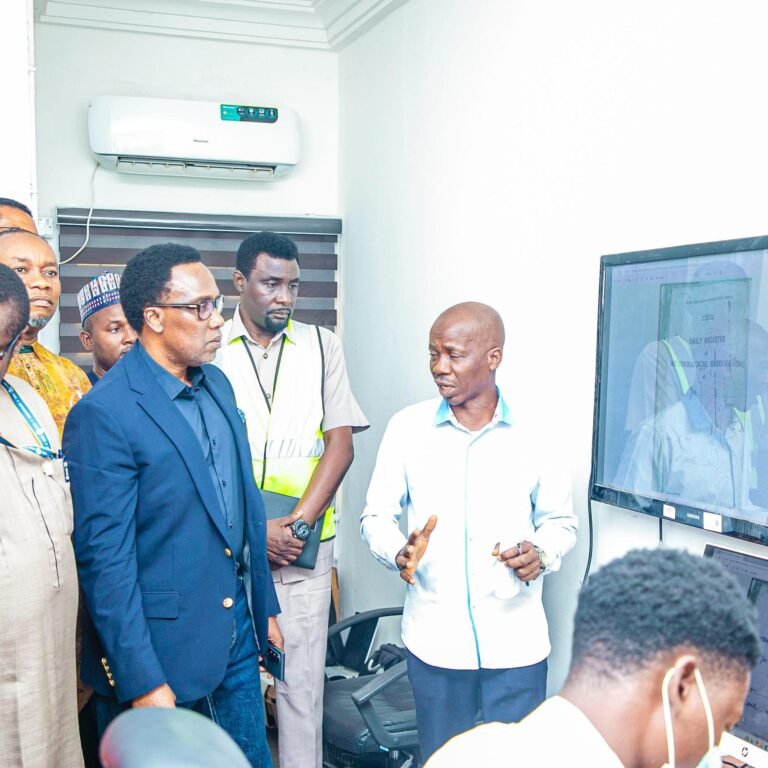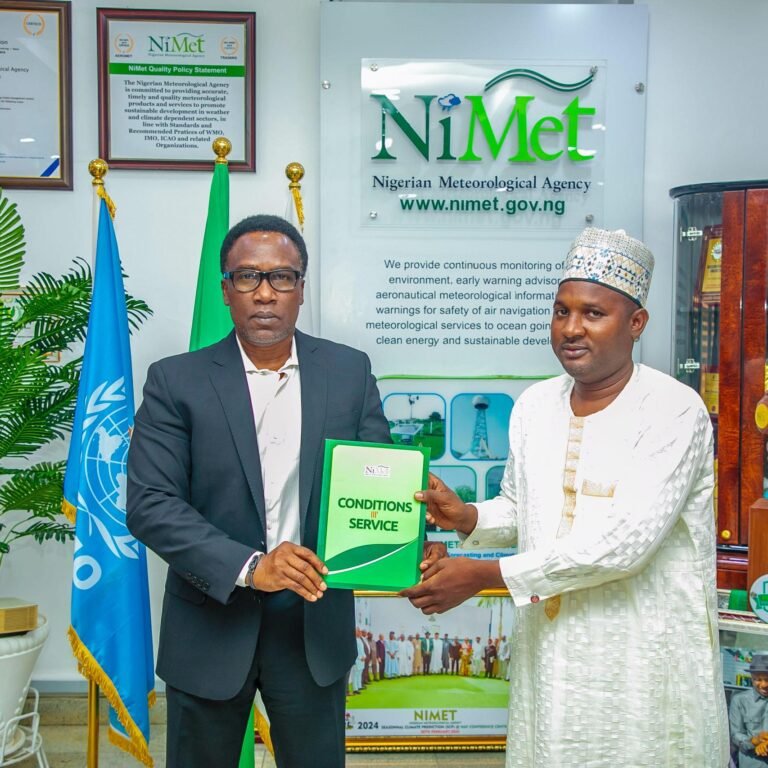
By Ameh Gabriel
Connected Development (CODE), in partnership with Oxfam, has renewed calls for greater transparency and accountability in climate finance flows across Nigeria and Uganda.
The appeal comes on the back of a new report, From Pledges to Progress: Tracking Climate Finance Flows and Accountability in Nigeria & Uganda, which was released in June 2025 under Oxfam Novib’s Fair for All project.
The study draws lessons from earlier national reports and examines how limited international climate finance reaching both countries is being utilized at federal, state, and community levels.
The consolidated findings highlight the need for clearer disclosure of climate-related expenditures, stronger citizen participation in budget processes, and increased support for locally-led adaptation programs.
In Nigeria, CODE led the research on climate finance accountability. The organization noted that while government spending on climate issues has grown in recent years, gaps remain in budget tracking, public engagement, and alignment with national climate commitments such as the country’s Net-Zero targets.
To amplify these findings, CODE yesterday hosted a Twitter (X) Space in collaboration with media partners.
The event featured civil society representatives and climate experts who discussed how Nigeria can strengthen its budget monitoring mechanisms and devolve more powers to subnational governments for climate adaptation.
Speaking during the session, CODE emphasized four priority areas:
Expanding citizen-led budget tracking to monitor federal and state climate spending.
Enhancing the capacity of state governments to design and fund local adaptation projects.
Supporting civil society networks to monitor domestic and international climate finance flows.
Embedding climate priorities in budget planning through budget tagging and cost-tracking systems.
Participants agreed that better coordination between government and civil society is critical ahead of major international summits such as the second Africa Climate Summit in Ethiopia and COP30 in Brazil, where African countries are expected to push for increased climate finance.
The expected outcome, according to CODE, is greater public awareness, more transparent disclosures, and stronger investment in locally-led solutions to climate change.








